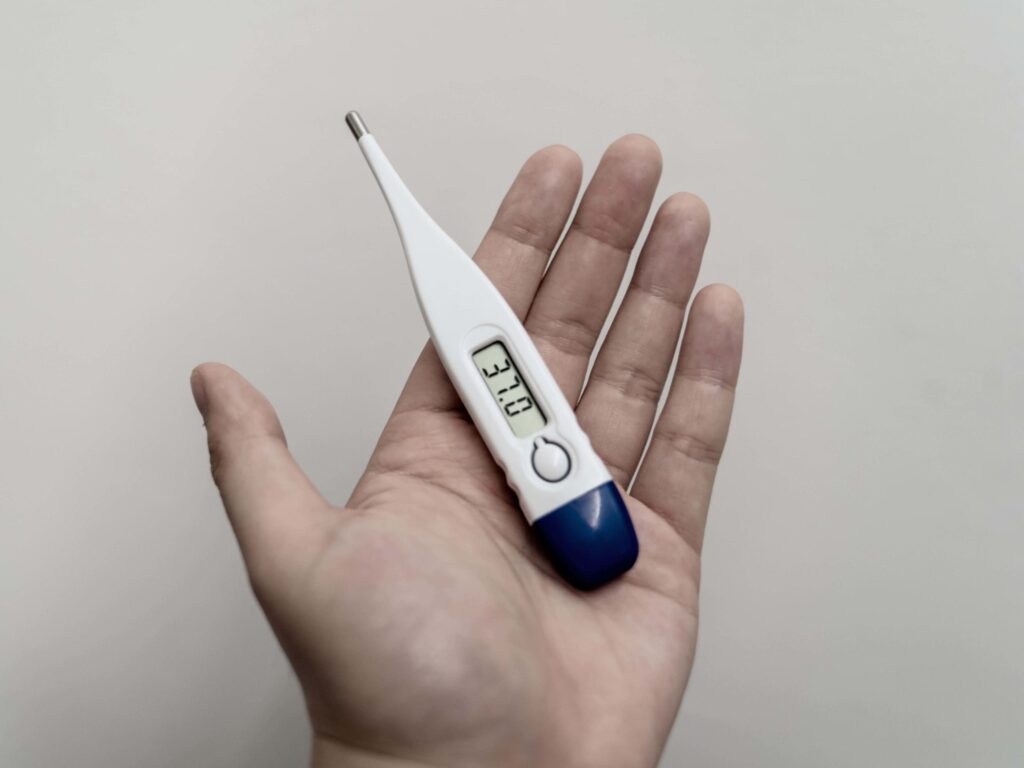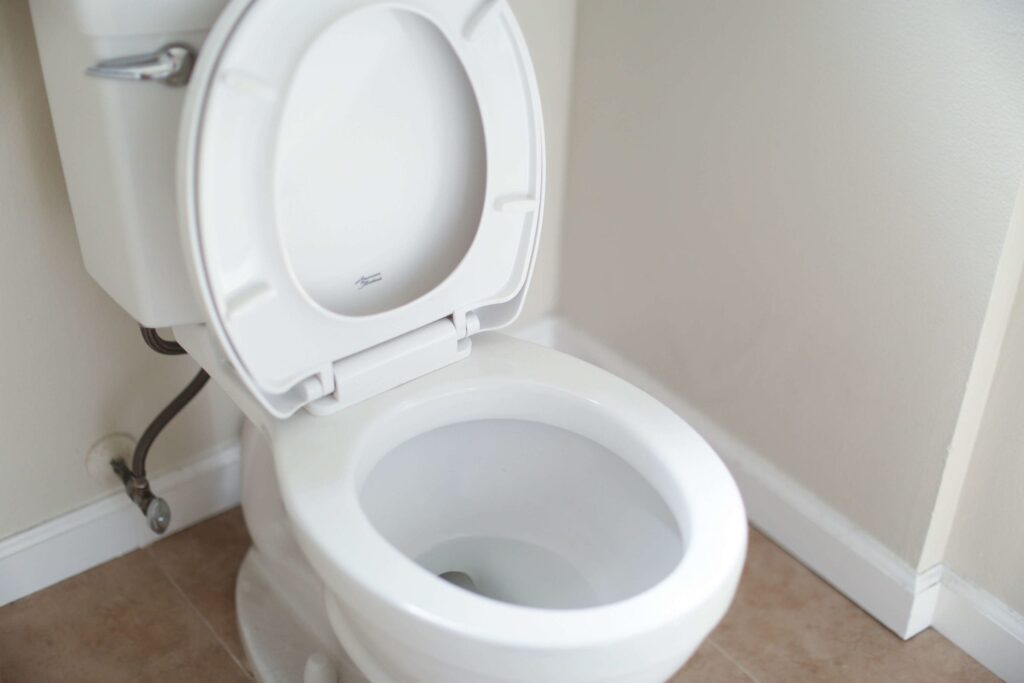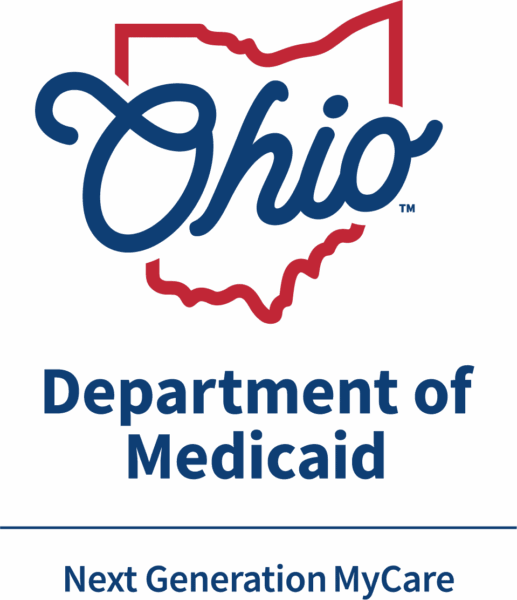What Are Kidney Stones?
A kidney stone – sometimes called nephrolithiasis, renal calculi, or urolithiasis – is a deposit that is made up of minerals and salts. As its name suggests, this hard deposit forms inside your kidneys, but they can travel down your urinary system as well.
Often, kidney stones start off small, but they grow bigger and bigger. Sometimes, stones that stay in the kidney do not cause problems. Other times, kidney stones travel down the ureter and cause a number of painful symptoms, including pain while urinating and blood in the urine.
Types Of Kidney Stones
Kidney stones are made from calcium, uric acid, struvite, or cystine. Most of these minerals come from the food you eat. For example, 80% of kidney stones are calcium stones. Calcium stones are typically made up of calcium oxalate and calcium phosphate, which your body absorbs from your food.
Struvite stones are a bit different from the other kidney stone types, and only 10% of stones fall in this category as a result. Whereas the other kidney stones are developed from the different minerals and amino acids absorbed from your food, this one is most commonly associated with chronic urinary tract infections.
What Causes Kidney Stones?
Currently, doctors are not completely sure what causes kidney stones, but many factors can increase a person’s risk of developing kidney stones. For example, a person’s diet, weight, and medical conditions can make them more likely to develop a kidney stone.
Here are some factors that may increase your risk of developing kidney stones:
Dehydration
The role of the kidney is to produce urine, and water is needed in order for the kidney to accomplish this task. If your urine does not have enough water, it can become too concentrated, which allows the minerals of your urine to crystallize and then stick together, creating kidney stones. Whenever you are dehydrated, you are most likely to develop kidney stones related to your diet, such as calcium stones.
Diet
Certain diets increase the risk of kidney stones. There is a certain chemical called oxalate that is common in rhubarb, spinach, beets, and peanuts. Oxalate is associated with kidney stone formation. If you frequently develop kidney stones, it is advised to avoid these sorts of foods.
Urinary Tract Infections
Kidney stones sometimes occur in response to a urinary tract infection, sometimes called a UTI. The majority of kidney stones that occur from urinary tract infections classify as struvite/infection stones. If you develop kidney stones due to frequent UTIs, wearing UTI monitoring pads may help.
Hereditary Predisposition
In some cases, there seems to be a hereditary link between kidney stones. In individuals that show a hereditary predisposition to kidney stones, kidney stones are often created due to an overproduction of the amino acid cysteine.
When a hereditary predisposition is a cause for kidney stones, kidney stones are typically classified as cystine stones. Less than 1% of kidney stones fall in this category. Oftentimes, cystine stones begin developing from the time the patient is a child.
Obesity
Obese individuals are much more likely to develop kidney stones. The reason for this is that obesity is associated with insulin resistance and a number of other metabolic imbalances. These imbalances often lead to calcium-containing kidney stones.
When obesity is the cause of kidney stones, kidney stones can classify as uric acid stones as well. In this type of kidney stone, the stone develops from uric acid, which is waste produced by the body. For individuals who are overweight, have chronic diarrhea, or have type 2 diabetes, the uric acid crystals don’t dissolve properly, resulting in kidney stones.
Digestive Problems
Every time you eat food, different chemicals get absorbed into your GI tract. If you have gastrointestinal issues, too much oxalate can get absorbed into your system, thus leading to kidney stone formation.
What Are The Symptoms Of Kidney Stones?
The most common symptoms of kidney stones include:
● Sharp pains in the back, side, lower abdomen, and/or groin
● Blood in urine
● Cloudy urine
● Foul-smelling urine
● Constant need to urinate
● Pain while urinating
● Difficulty urinating
In extreme cases, you may experience the symptoms above, as well as the following symptoms:
● Nausea
● Vomiting
● Fever
● Chills
If you experience any severe pain that makes it impossible to sit still or be comfortable, contact your doctor. Likewise, contact your doctor if you experience any of these extreme symptoms, have difficulty passing urine, or find blood in your urine.
Treatment for kidney stones
Treating kidney stones varies from case to case. Most often, doctors will tailor the treatment plan based on the size of the stone. Smaller stones are easier to care for than larger ones.
If the urine stone is small, doctors may encourage you to pass it on your own by drinking lots of water and avoiding foods associated with kidney stones. If you are a caregiver of someone with kidney stones, encourage your loved one to drink a lot of water.
If you or your loved one passes the stone, the doctor may request you to bring it back to the office for inspection. This analysis will help determine if there are any other conditions linked to kidney stones.
For larger kidney stones, passing the stone as is may not be an option. As a result, a urologist may perform a procedure called shockwave lithotripsy. The purpose of this procedure is to break up the kidney stone into smaller pieces so that they can be passed individually.
In other cases, the urologist may perform another procedure called percutaneous nephrolithotomy. This procedure is more invasive because it involves the doctor surgically entering the kidney to remove the kidney stone. This procedure involves the doctor cutting through the back to get into the kidney.
In some cases, the doctor may provide medication in order to prevent the further development of kidney stones in the future.
Food And Kidney Stones
Food plays a big factor in kidney stone formation. If you or your loved one is experiencing kidney stones, it’s important to avoid foods high in oxalate to prevent further kidney stone formation. Likewise, individuals that frequently develop kidney stones might want to avoid eating these foods to help prevent kidney stone formation in the future.
Foods That Can Cause Kidney Stones
As we have already learned, certain foods can cause kidney stones. Below is a list of foods that are most commonly associated with kidney stones:
● Red meat
● Shellfish
● Rhubarb
● Spinach
● Beets
● Wheat germ
● Peanuts
● Alcohol
● Foods containing high fructose corn syrup
Note that just because you avoid these foods does not mean you will not develop kidney stones anymore. It simply means you’re not putting yourself at further risk of developing kidney stones.
Foods That Can Prevent Kidney Stones
Just as certain foods are connected with kidney stones, others are associated with kidney stone prevention. Diets that contain many fruits, fresh vegetables, whole grains, and low-fat dairy products are often associated with fewer kidney stone formations.
In addition to eating these foods, make sure to drink a lot of water. Increasing water intake leads to less concentrated urine. With less concentrated urine, kidney stones are less likely to happen. By combining kidney safe foods with high water consumption, you help to prevent kidney stones from two fronts.
A healthy diet and lifestyle is the best way to prevent kidney stones from forming. By eating healthy food and drinking a lot of water, your kidney is less likely to develop concentrated urine that leads to kidney stones.








